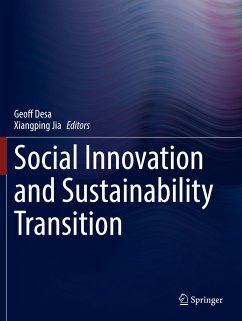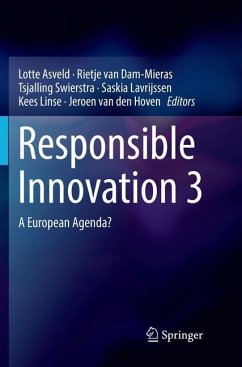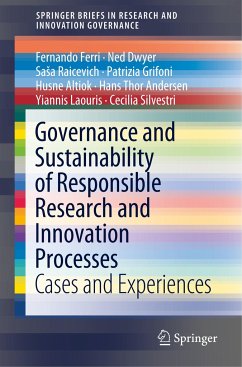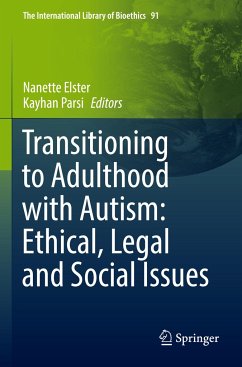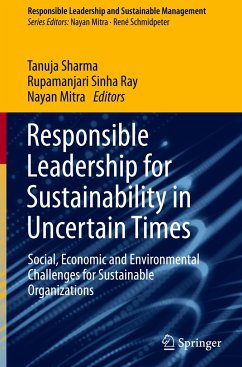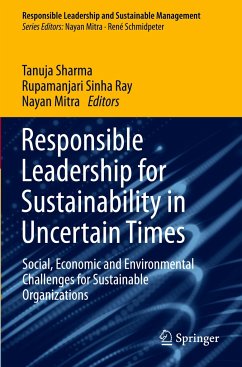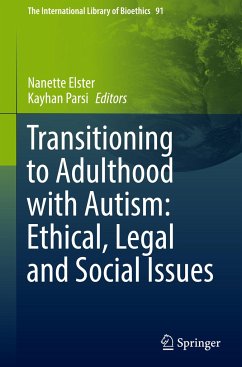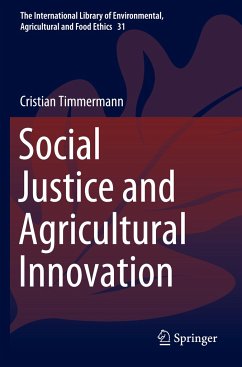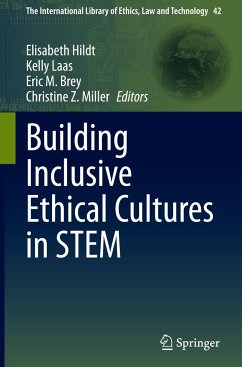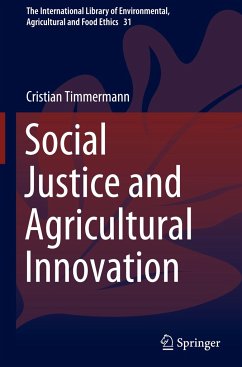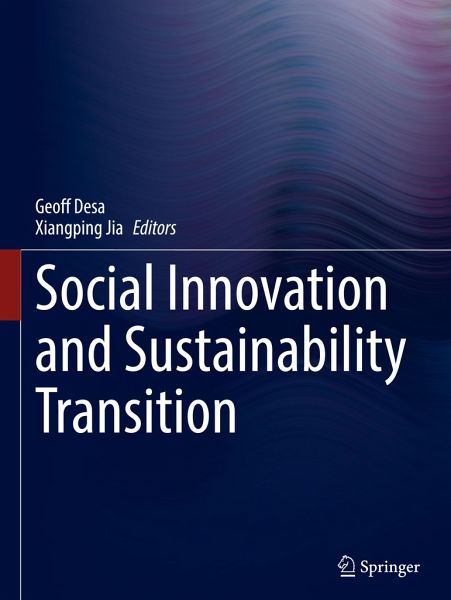
Social Innovation and Sustainability Transition

PAYBACK Punkte
49 °P sammeln!
This book uses a historical and modern lens to reimagine the role that Extension could potentially play in catalyzing reciprocal, co-learning relationships between Land-Grant Universities and their diverse local constituencies. The establishment of statewide extension systems was once seen as a way to ensure that Land-Grant Universities would be accessible and responsive to all of a state's residents. Extension systems continue to offer a front-door to a major public university in almost every county of the United States, but they tend to be viewed primarily as a way to translate science or di...
This book uses a historical and modern lens to reimagine the role that Extension could potentially play in catalyzing reciprocal, co-learning relationships between Land-Grant Universities and their diverse local constituencies. The establishment of statewide extension systems was once seen as a way to ensure that Land-Grant Universities would be accessible and responsive to all of a state's residents. Extension systems continue to offer a front-door to a major public university in almost every county of the United States, but they tend to be viewed primarily as a way to translate science or distribute information from the university to the public. This books argues for the importance of Extension and shows that we are conceiving of this system too narrowly. Only by retelling the stories of the Extension and getting people to see themselves as part of the story can we imagine a different future in which state universities and land-grant colleges engage more authentically and equitably in two-way relationships with their local constituents.in catalyzing reciprocal, co-learning relationships between Land-Grant Universities and their diverse local constituencies.
Chapter "Palatable disruption: the politics of plant milk", chapter "Feeding the melting pot: inclusive strategies for the multi-ethnic city", chapter "A carrot isn't a carrot isn't a carrot: tracing value in alternative practices of food exchange", chapter "Virtualizing the 'good life': reworking narratives of agrarianism and the rural idyll in a computer game" and chapter "'Workable utopias' for social change through inclusion and empowerment? Community supported agriculture (CSA) in Wales as social innovation" are available open access under a Creative Commons Attribution 4.0 International license via link.springer.com.
Chapter "Palatable disruption: the politics of plant milk", chapter "Feeding the melting pot: inclusive strategies for the multi-ethnic city", chapter "A carrot isn't a carrot isn't a carrot: tracing value in alternative practices of food exchange", chapter "Virtualizing the 'good life': reworking narratives of agrarianism and the rural idyll in a computer game" and chapter "'Workable utopias' for social change through inclusion and empowerment? Community supported agriculture (CSA) in Wales as social innovation" are available open access under a Creative Commons Attribution 4.0 International license via link.springer.com.



